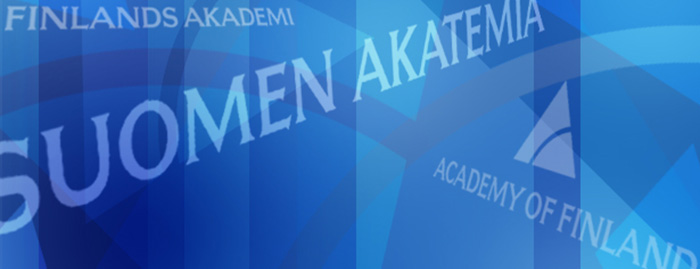Academy of Finland gave two grants for research projects in social sciences and humanities for INVEST researchers
The Academy of Finland’s Research Council for Culture and Society today granted funding for INVEST researchers Satu Helske and Antti O. Tanskanen.
Academy Project Funding is the most important funding instrument of the Research Council for Culture and Society for promoting the impact and renewal of research. In addition to high scientific quality of the research plan, the Research Council paid special attention to projects that combine high quality with strong academic and societal impact and/or science renewal.
Satu Helske got funding for the project “Towards well-informed decisions: Predicting long-term effects of policy reforms on life trajectories”. In this project the researchers will develop advanced statistical simulation tools that predict and show the impact of policy changes on individuals’ life, for example, how changes in parental leave policies affect work and family events, that in turn affect each other, and set the course for the life direction of the family as entity and its interdependent individuals. – It is our ambition that these tools will make it possible to acquire a holistic view of the impact policy reforms will have on individuals’ lives better than before, Helske explains
The starting point for the project will be the unique register data covering full populations in Finland and Sweden. A careful analysis of these data will make it possible for us to gain understanding on the long-term impacts of parental leave reforms and at the same time guide us in the development of the tool. We use an approach known as “Bayesian” modelling, which allows us to combine previous knowledge, data, and statistical analysis in a coherent way.
Antti O. Tanskanen and Mirkka Danielsbacka‘s “Kin relations across generations and over the life course“ (KinCross) project will study the family life of two generations: Finnish baby boomers (born between 1945 and 1950) and their adult children (born between 1964 and 1999).
KinCross is divided into three sub-studies conducted with the Generational Transmissions in Finland (Gentrans) dataset. The first sub-study will investigate how the use of modern communication technology is associated with kin contact and support. The second will utilise the panel dimension of Gentrans dataset to investigate longitudinal changes related to kin relations before, during and after the end of the economic recession. The third part will employ the retrospective module of the Gentrans dataset and consider family arrangements during childhood to study how the conditions in early, middle and late childhood shape kin ties over the life course.
The aim is to explain the complex nature of family relations and changes related to them. Novel and timely information on the strength of kin relations across the individual life course and over generations will be provided, with due consideration to societal changes.
More information:

